5 min read
Share this post

Many of you know that Santa Claus (or Saint Nicolas or Father Christmas) only comes to those who’ve been nice, and not naughty!
Religion and culture have always provided guidance regarding both good and bad behaviors, respectively known as sin and virtue. Christian tradition has long emphasized The Seven Deadly Sins and Seven Heavenly Virtues. These sins and virtues specify behavior that is either encouraged, or frowned upon.
Religious terminology provides a base to explore different human behaviors. Some words have fallen into disuse and been replaced by others. We think this terminology is perfect to get your students talking about greed, envy, gluttony, anger and more.
Each lesson in this series provides vocabulary that will help your students talk about different behaviors. We also include plenty of scenarios to promote fluency and discussion.
I hope that you enjoy these seven ESL Speaking Activities about Sins and Virtues!
Our societies contain many rules covering what we can and cannot do. Aside from laws created by governments, we also possess rules governing what is morally right or wrong. This lesson looks at the traditional Seven Deadly Sins, a great starting point for a discussion about self-control.

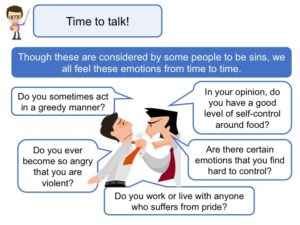
While both terms in the lesson title have somewhat fallen into disuse, the English language today has many expressions to cover the act of over-consumption. We live in a world that entices us to consume more of everything, so how can we practice self-restraint?
In 2017, Oxfam published a report stating that the world’s eight wealthiest people owned as much as the world’s 3.6 billion poorest. Just how much is enough? Do advertising and marketing make us greedy? And we now live in a world where you are more likely to die from eating too much food rather than eating too little…


The 21st century is busier than ever. In fact, people feel that anything other than ‘busy’ is an inappropriate state of being. Is laziness really a bad thing? Some people think that we are losing our capacity to simply do nothing. Is it important to set aside time to just think and reflect?
We all become angry from time to time. It’s inevitable. And most of us could benefit from a little more patience. Still, we’ve come a long way from the gods, who used to destroy humanity for the smallest of crimes; even they have clearly read a few Anger Management books!
In the era of social media, envy has morphed into a contagious disease. Everywhere you look, someone is more attractive, better dressed, more intelligent, more popular and having more fun than you… or so it would seem. Additionally, we help you distinguish ‘envy’ from ‘jealousy’ – Yes, there really is a difference between the two!

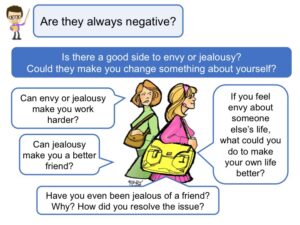
Pride has both positive and negative connotations. A little pride is good for self-esteem, while too much encourages arrogance. At what point does confidence become conceit? And whatever happened to ‘the quiet achiever’?
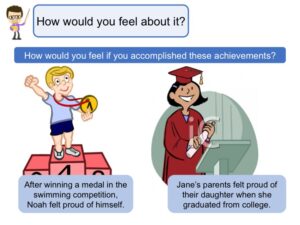
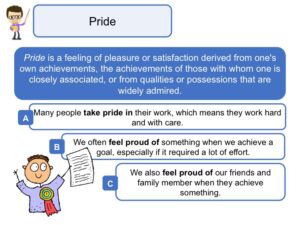
These Speaking Activities about Sins and Virtues provide an excellent introduction for Upper-Intermediate students. Each lesson contains multiple opportunities to discuss and present points of view. We hope that you enjoy them.
Share this post


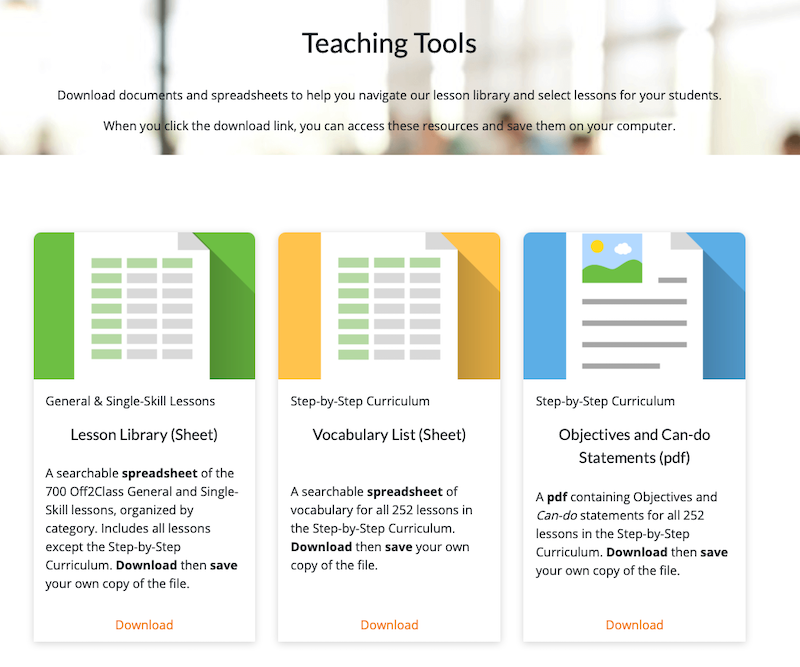
5 Comments
Hi, I as an English teacher , consider your suggestion to discuss the religious terminologies so essential , since I suppose in addition to making our students discuss the terms and improve their ability to speak English , maybe it is a reasonable way to guide them toward a right path as all of the religions offer.Improvement of human’s behaviour can be one the theme of our topic..
yours truely , Arshad from Iran
Hi Arshad, nice to hear from you! Yes, so the idea is not necessarily to promote religion, yet more so to use it as a framework to get your ESL students discussing positive and negative behaviors. Enjoy!
Kris
Hello, Kris, James!
Human values are very changeable in our society but your new SPEAKING lessons really bring a refreshment to the conversation topics in class and even to what people think of making their life better and reflect upon their social environment.
For example, one random question: “Is it truly possible to be successful today and be humble at the same time?” opens multiple possibilities for people to recall humanity and give a second thought to what it takes to be successful nowadays.
My students come from various cultural backgrounds and I am positive that the intermediate and upper intermediate students will be very excited to express their opinions on the topics you’ve created.
I would also be grateful and thrilled to be able to teach with off2class some daily life CONVERSATION lessons – containing functional language – for elementary or pre-intermediate students.
As for teaching YOUNG LEARNERS with off2class, after watching your explaining video, I would say that a large number of your lessons can be adapted this way since OFF2CLASS lessons contain lots of expressive pictures.
I would like to thank you for always being very prompt and supportive as well.
Mariana Dragut
Hi Mariana,
Lovely to hear from you, and thank you for your feedback. I’m really pleased that you like the new lessons, and yes, I hope that they will prompt students to think a little more deeply, while learning English along the way.
Best wishes,
James
Hi Arshad,
I found your lesson-contents pretty useful and multi-dimensioned in terms of teaching English language along with inducing positive mind-set / paradigm in students, side by side.
The perspective ought to be to help the students become better human-beings, in general having fluency in any language from any part of the globe.
I like your teaching philosophy.
Cheers!
Zahid Sheikh